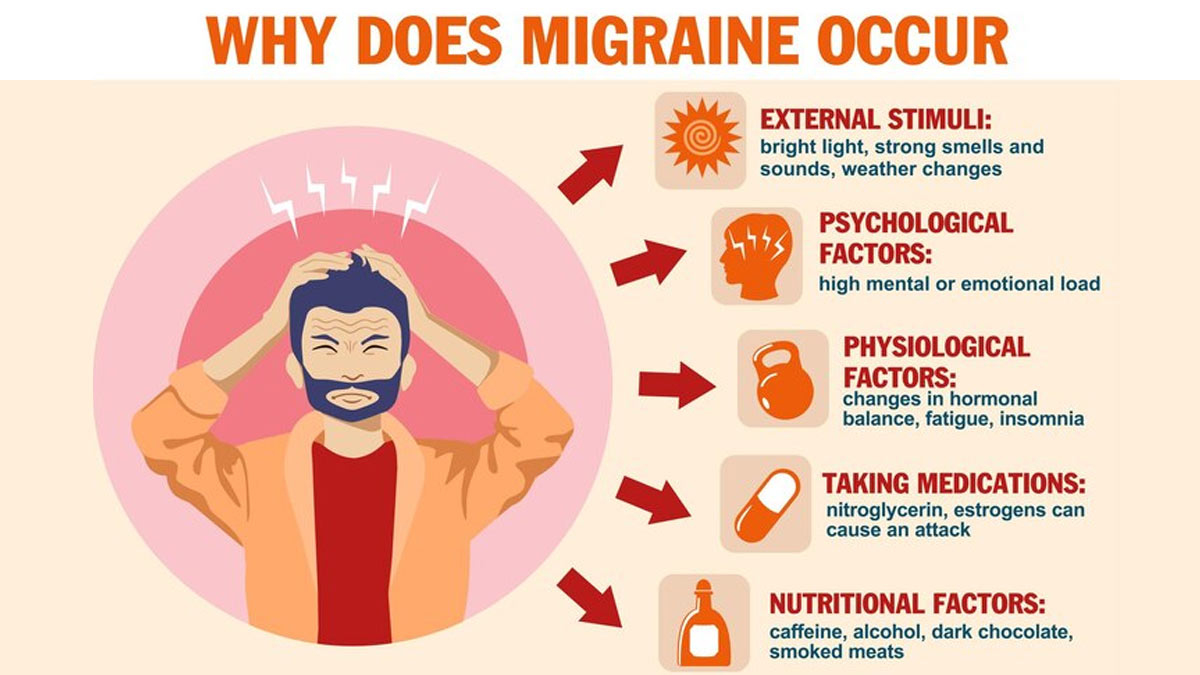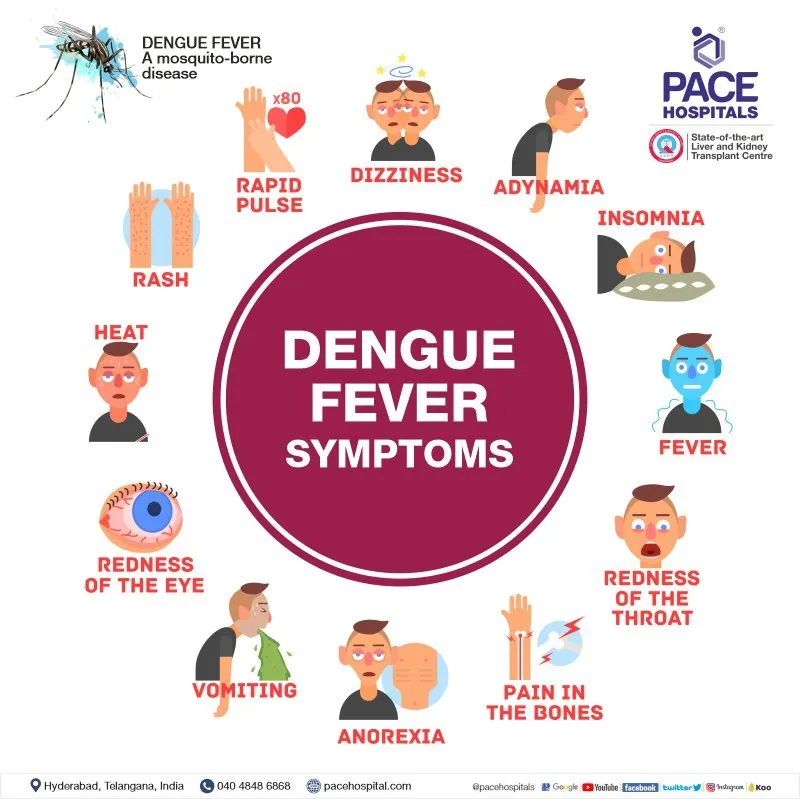.jpg)
Machine learning, a key component of Artificial Intelligence (AI) used in healthcare, has significantly reshaped healthcare by producing more accurate diagnoses and enabling more personalized treatments. AI in healthcare’s ability to analyze vast amounts of clinical data, algorithms can identify patterns and predict medical outcomes with extraordinary accuracy. AI in healthcare helps to analyze patient records, medical imaging such as X-rays and MRIs, and to come up with newer therapies so that healthcare professionals can improvise treatments and reduce the costs.
Natural Language Processing
Natural language processing, on the other hand, refers to artificial intelligence that enables a computer to read and use the human language. NLP has been used to help improve a lot of applications of health data, including diagnosing patients to give more accurate results, speeding up clinical procedures, and availing more person-specific services. Moreover, one can find applicable treatments and medication for each patient or even anticipate the risks facing them based on previous health information.
Uses for AI in Healthcare
- Improving medical diagnosis
Yearly, patients suffer from preventable harm as many deaths take place. With that in mind, Artificial intelligence is changing the face of how doctors diagnose illnesses. It helps a health worker analyze medical information with greater accuracy. More accurate diagnoses mean fewer errors in diagnosis, which is critical for patient care. Moreover, the time taken by AI means quicker diagnoses.
- Speeding up drug discovery
Putting each drug into clinical trials is cost and time intensive. Due to technological breakthroughs, AI accelerates drug discovery by rapidly processing data, identifying promising drug candidates, and improving clinical trials. This helps in drug repurposing, customizing treatments, and reducing the costs by automating tasks. AI models indicate the dimension of the structure of a molecule, which accelerates research. Many companies rely on AI to develop treatments faster, making the development of drugs easier and more convenient.
- Managing healthcare data
AI is also helping in administrative healthcare tasks. Managing patient records, scheduling appointments-all these activities AI helps streamline so that the professionals can spend more time on caring for patients. Routine tasks could be automated in healthcare, helping providers improve efficiency and reduce the chances of human error.
- Performing robotic surgery
AI in the robotic surgery improved precision, avoided errors, and enhanced patient care. It assisted in minimally invasive procedures. It provided timely decision support; it predicted complication. With continuous improvement in technique through machine learning, AI would make operations not only safer and faster but more efficient. Thus, robot-assisted surgeries meant fewer complications relating to surgery and less pain in recovery time.
From discovering new cancer treatments to improving patient experiences, AI in healthcare promises to be a game changer - leading the way towards a future where patients receive quality care and treatment faster and more accurately than ever before.




